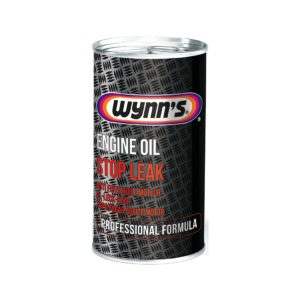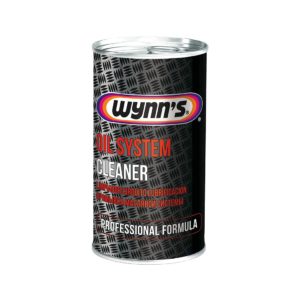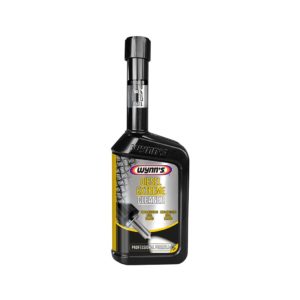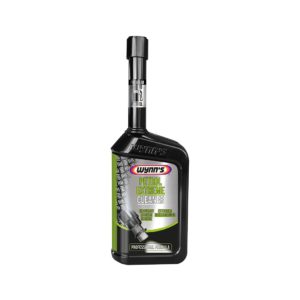The secret to stop oil leaks
Engine oil is primarily used to lubricate the internal surfaces of an engine, reducing friction, heat, and wear. Contamination such as by-products of combustion, unburnt fuel and moisture are absorbed by the oil for removal at the next oil change. The oil cleans and coats the moving parts of the engine minimising exposure to oxygen and reducing oxidation at higher temperatures which leads to the breakdown of the oil. To do this the oil must be able to operate under tremendous heat and pressure.
Driving conditions, extended service intervals and smaller capacity sumps have a major impact on the oil protecting an engine. Short stop/start journeys and extensive idling can contaminate the oil at a faster rate.
During the service interval the oil becomes contaminated from combustion gases, moisture, oxygen, and unburnt fuel. Oil becomes acidic and the additives are depleted. When the oil becomes saturated it can no longer absorb contamination or protect the engine. This leads to deposits and sludge increasing engine wear. This can cause gaskets and seals to harden causing unsightly engine oil leaks.
Problems that can cause an oil leak
Checking the Oil Level
Checking the oil level in an engine is something that is often forgotten. Why is oil so important for a car? Maintaining the correct level is essential as oil lubricates, cleans, cools, and protects the moving parts of the engine. It prevents it from wear and excessive heat.
Low Oil Level
A low oil level can cause heat to build up in the engine and this can lead to the hardening of seals and gaskets which can lead to engine oil leaks.
High Oil Level
If the oil level is too high then this can increase crankcase pressure. The cause could be that the oil system has been overfilled with oil or fuel from an injection system fault or failed DPF (diesel particulate filter) regeneration. The result is an increase in crankcase pressure attacking the materials of the seals and gaskets causing leaks.
What can I add to the oil to stop it from leaking?
When a gasket fails, it usually needs to be replaced. When a leak is coming from an oil seal, it is usually around a shaft that has parts in the oil and parts outside of the engine. To stop oil leaks there are specific oil additives that can restore the elastomeric properties of the oil seal and stop the leak.
Keeping the oil system clean, regularly checking the oil level, and maintaining it and carrying out an oil and filter change in line with the vehicles service schedule will also help to reduce leaks. Keeping the oil clean will help to protect the engine and maintain temperature. The additives are added to the engine oil soften the seals restoring the sealing effect preventing leakage. If after treatment and some driving (up to 300-400 km) the leak is still active, it means the seal is broken and requires replacement.
What else can I do to keep the oil and fuel system clean?
Keeping the fuel system clean will also have an important effect. When fuel injectors are contaminated, they deliver excess fuel to the engine that doesn’t burn completely. If left, this fuel can enter the oil past the piston rings, contaminating the oil and affecting internal engine components.
Maintaining the correct operating temperature of the engine is vital to the function of the seal and gaskets. If an engine runs too hot this can lead to its failure. Cleaning your oil, fuel and cooling system at the regular recommended intervals will keep these systems running efficiently and ultimately reduce system failures and leaks.





Leave A Comment